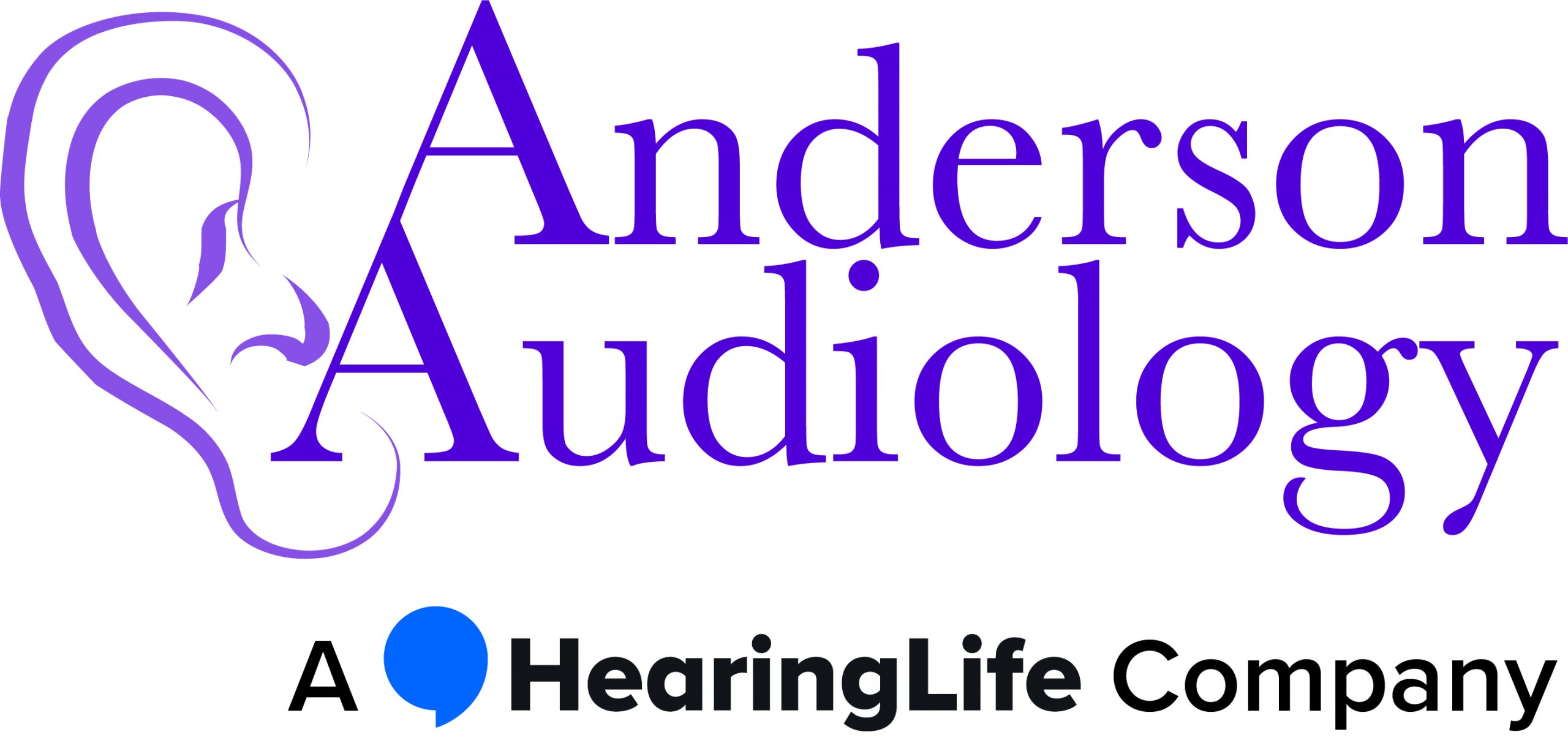How are Balance Disorders Treated?
Have you ever experienced an episode of dizziness or had problems with balance? If so, you are not alone. It’s estimated that up to 4 in 10 people visit a doctor about these unpleasant, and sometimes debilitating, issues.
Balance relies upon our eyes, our ability to move our body (proprioception) and also the complex vestibular system of the inner ear. With this in mind, let’s explore how hearing loss relates to balance and dizziness.
How are Balance Problems And Hearing Loss Related?
Balance disorders can be caused by a number of things, such as a head injury, low blood pressure, an ear infection, arthritis, medication and more. Similarly, hearing loss can also have many different causes.
But what connects the two conditions?
Hearing loss on its own does not cause balance disorders. Problems in the inner ear, which is responsible for the vestibular and hearing system, may cause balance problems. What this means, is that hearing loss can happen at the same time as balance problems, and could be indicative of an underlying condition.
The vestibular system provides the brain with information about spatial awareness, motion and head position. It is involved in the associated motor functions to keep us balanced. This sensory system consists of a small, complex and delicate structure called the labyrinth within the inner ear. Known as the balance center of the inner ear, one of its parts is the cochlear, which we know plays an important role in our hearing.
Essentially, a disorder that affects the vestibular system will affect balance and that disorder could be related to a hearing loss. It is not, however, the hearing loss itself that causes a balance or dizziness condition.
Common Balance Disorders
Being aware of these conditions will help you understand the importance of seeking professional help when necessary.
- Age related – Age related balance disorders may potentially be due to a combination of deteriorating eyesight, muscle tone and the aging of the vestibular system of the inner ear. Treatment is often vestibular rehab.
- Migraine related vertigo – Balance disorders from migraines can occur before, during or after a migraine. Treatments include medication and diet adaptations.
- BPPV (Benign Paroxysmal Positional Vertigo) – Causes severe but short lasting episodes of a spinning sensation. It is the result of an inner ear problem that is caused by false movement signals being sent to the brain. Treatment may include Canalith repositioning procedure.
- Meniere’s disease – Balance symptoms related to Meniere’s disease seem to be caused by excessive pressure in the inner ear. Symptoms include vertigo, tinnitus, ear fullness and hearing loss. Various treatments are available, but there is no cure.
- Vestibular neuronitis – This is caused by an infection that creates inflammation of the inner ear and the nerves that send signals to the brain. This affects the information transmitted to the brain, resulting in dizziness and vertigo.
How are Balance Disorders Treated? (resources)
Treatment for balance disorders will depend on the cause of your balance problems. Treatment options may include:
- Balance retraining exercises (vestibular rehabilitation).
- Positioning procedures. If you have BPPV, a therapist might conduct a procedure (canalith repositioning) that clears particles out of your inner ear and deposits them into a different area of your ear. The procedure involves maneuvering the position of your head.
- Diet and lifestyle changes. Dietary changes may include reducing salt consumption, as well as alcohol and caffeine.
- Medications. For more severe balance disorders that last hours or days, you might be prescribed medications that can control dizziness and vomiting.
- Surgery. If you have Meniere’s disease or acoustic neuroma, your treatment team may recommend surgery.
If you experience dizziness, imbalance, vertigo and the associated symptoms such as nausea, diarrhea, etc. speak to your general health practitioner. They may decide to refer you to ENT.
If you are also experiencing issues with your hearing, we recommend booking in an appointment with your local hearing care professionals.
Trust the Experts at Anderson Audiology
If you have any further questions, we’d be happy to help. Contact the hearing healthcare specialists at Anderson Audiology today on 702-997-2964. Alternatively, click here to request an appointment online.
